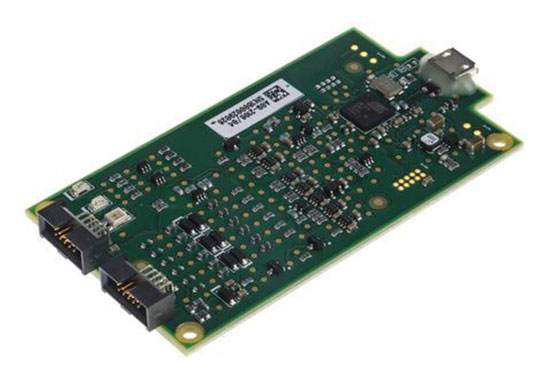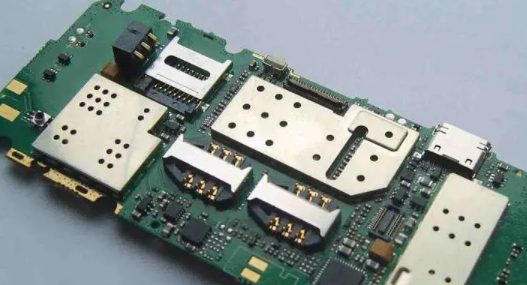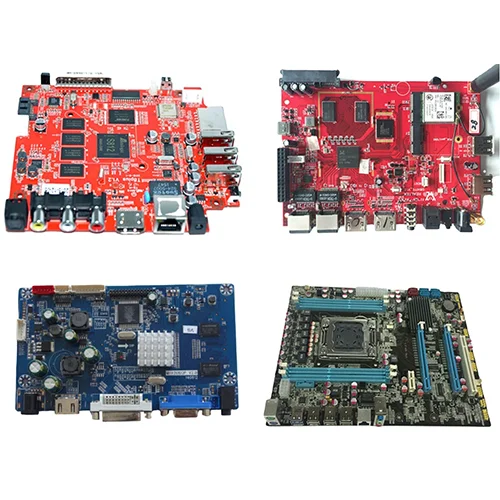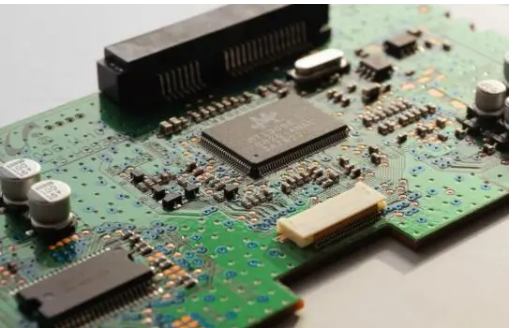
Screen printing design is an essential element in PCB design. Screen printing on PCB board usually includes: component screen printing and position number, board name, version number, anti-static identifier, bar code screen printing, company LOGO and some other identifications. Next, Shenzhen PCB design company -kingford introduces the requirements for screen printing design in PCB design.
First, silk screen design requirements
The ratio of the height and width of the screen characters is generally required to be greater than 6:1. There are three common font sizes: when the board density is relatively large, 4/25mil characters (1) are commonly used; For regular density, 5/30mil characters (No. 2) are recommended; When the board is loose, the recommended character is 6/45mil (No. 3); Usually the thickness of the surface copper base to screen width also has corresponding requirements: base copper < 1OZ: limit value ≥4mil, optimization value ≥6mil; For base copper thickness of 1OZ, 5/30mil characters are preferred; For base copper 2OZ, 6/45mil characters are preferred.
2, add PCB screen printing requirements
1, the position of the placement: Generally speaking, resistance, capacitance, pipe and other devices screen printing, when placed, do not use four directions, which will lead to debugging, maintenance, welding, see the screen to see very tired (board to turn several directions).
2. Try not to hit the screen printing through the hole.
3, screen printing do not press on the high-speed signal line (such as, clock line, etc.) : for the top or bottom of the high-speed signal line, because this kind of signal line, can be seen as microstrip line.
4. The reading direction of screen printing should be consistent with the use direction. The reading direction of screen printing should be consistent with the use direction of chip, mainly when welding, to reduce the probability of welding.
5. The pin number should be marked clearly on the screen printing.
6. Screen printing for special packages: For special packages such as BGA and QFN, the size of screen printing should be completely consistent with the size of the chip.
7. Screen printing of the mounting hole: screen printing of screws is added near the mounting hole, and the length and total number of screws are indicated at the same time for convenient installation.
8, the ambiguity of silk screen printing: the most commonly used RS232, many people will mark RX and TX, but the PC end also has RX and TX ah, when to use the cross line, when not to cross? This leads to ambiguity in screen printing, which makes people stupidly indistinguishable.
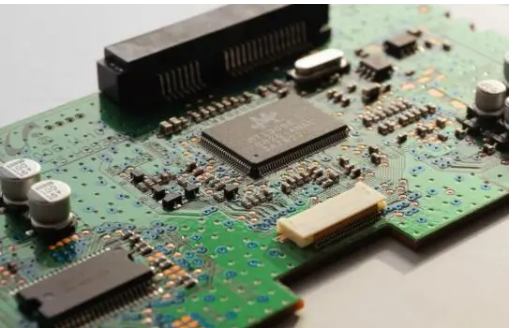
Three, silk screen design points for attention
1. The line width of screen printing on the board is not less than 4mil, and avoid the line width of component screen printing being 0.
2, screen printing and pad spacing: screen printing do not cover the welding points on the plate, such as patch device pad, plug-in through hole, screen printing is insulating material, once on the pad, will lead to poor welding; Do not cover the test points on the board, mark points, etc.; It is usually required to maintain 6mil spacing.
3, the distance between the screen printing: keep 6mil, it is acceptable to have a coincidence between the screen printing, once the coincidence leads to no recognition, it needs to be opened.
4. Direction of screen printing: The string arrangement of screen printing should follow the principle of: from left to right or from bottom to top when facing.
5, the placement of the device position number: the device position number should correspond to the device one by one, can not reverse, transform the order; When the device density is relatively high, the bit numbers can be placed in other places with space on the board by means of lead marking or symbol marking.
6. The polarity mark of components and the "1" pin mark shall be placed correctly and clearly.
7. When drawing out the mark or symbol mark, the added silk screen and character shall be placed on the silk screen layer of Board Geometry.
The added screen print of the Board name version number is also placed on the screen layer of the Board Geometry.
8, the device position number can not be placed in the device body or outside the frame.
9. When the board density is relatively high and there is no space to place the number, you can discuss with the customer not to place the number, but the assembly drawing is needed to guide the installation and inspection of the device.
10, when the customer requires the top bottom to write copper word, line copper word line width: HOZ base copper: character width of more than 8mil, height of more than 45mil; 1OZ base copper: at least 10mil character width; The altitude is above 50mil. At the same time, we need to do a good job of welding window, so that the copper words produced on the board are brighter.
2. What are the advantages of choosing gold sinking process for PCB proofing?
PCB proofing surface treatment has a very common use of technology, that is the gold process. So what are the benefits of gold sinking?
1, the definition of gold
Simply put, gold deposition is the use of chemical deposition method, through chemical REDOX reaction on the circuit board surface to produce a layer of metal coating.
2, the characteristics of gold sinking process
The copper on the circuit board is mainly copper, copper solder joints in the air is easy to be oxidized, which will cause electrical conductivity is to eat tin poor or poor contact, reduce the performance of the circuit board, then you need to surface treatment of copper solder joints, gold is gilded above, gold can effectively block copper metal and air to prevent oxidation, So sinking gold is a kind of surface oxidation prevention treatment, is covered with a layer of gold on the surface of copper by chemical reaction, also known as gold.
3, the advantages of sinking gold surface treatment
The advantage of the gold plating process is that the deposition color on the surface of the printed line is very stable, the brightness is very good, the coating is very smooth, and the weldability is very good. The thickness of sunk gold is generally 1-3 Uinch, so the surface treatment of sunk gold is generally thicker, so the surface treatment of sunk gold is widely used in key board, gold finger board and other circuit boards, because gold has strong conductivity, good oxidation resistance and long service life.
4, the characteristics of the gold plate
1. The sunken gold plate has bright color, good color and looks good.
2. The crystal structure formed by sinking gold is easier to weld than other surface treatments, which can have better performance and ensure quality.
3. Because the gold plate only has nickel gold on the pad, it will not affect the signal, because the signal transmission in the skin effect is in the copper layer.
4. The metal properties of gold are relatively stable, and the crystal structure is more dense, which is not easy to oxidize.
5. Because the gold plate only has nickel gold on the welding plate, the welding resistance on the line is more firm with the copper layer, and it is not easy to cause micro short circuit.
6. The Works will not affect the spacing when making compensation.
7. The stress of the gold plate is easier to control.
kingford is a professional PCB design company engaged in electronic products layout layout design, mainly undertake multi-layer, high density PCB design and circuit board design proofing business. With an average of more than 10 years of work experience in PCB design team, skilled use of market mainstream PCB design software, professional and efficient communication to ensure the progress of PCB design, help you to seize the market opportunity earlier!


